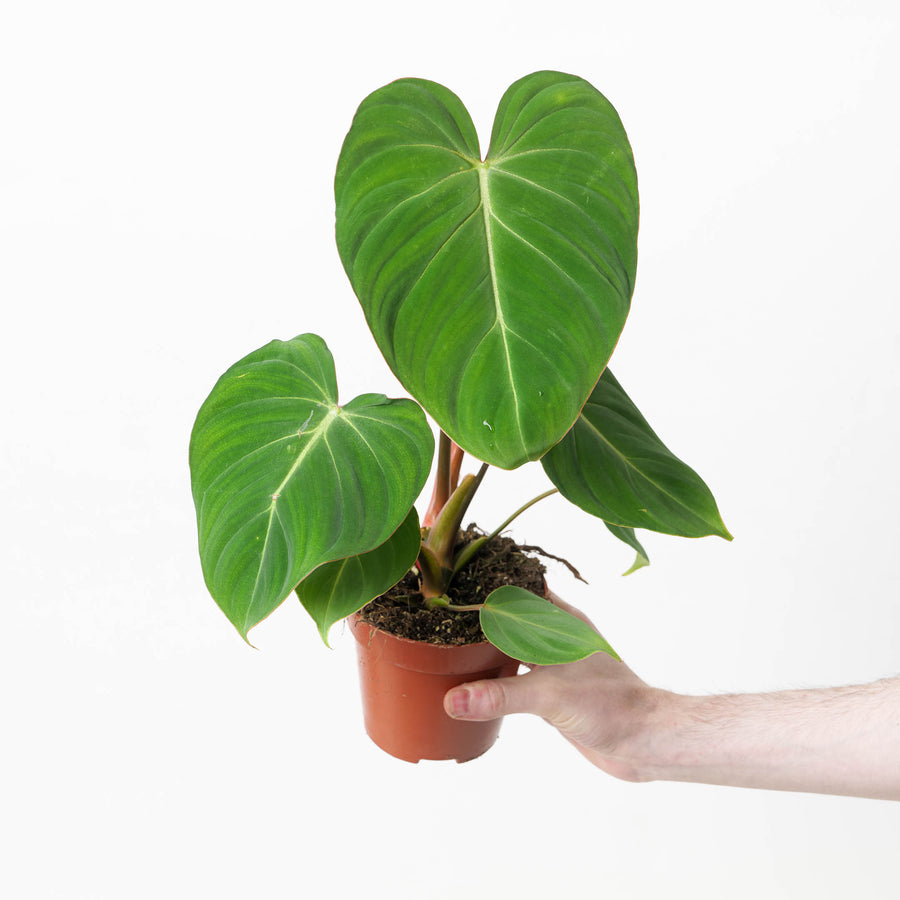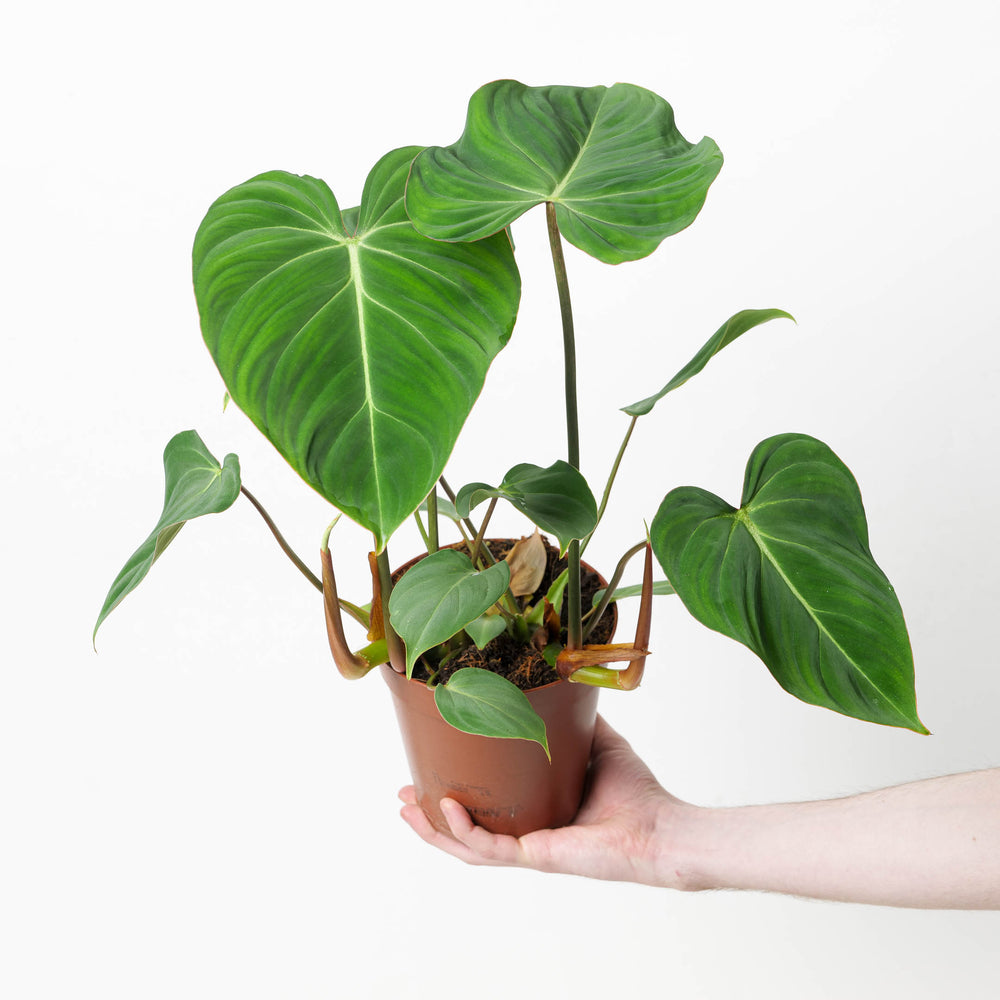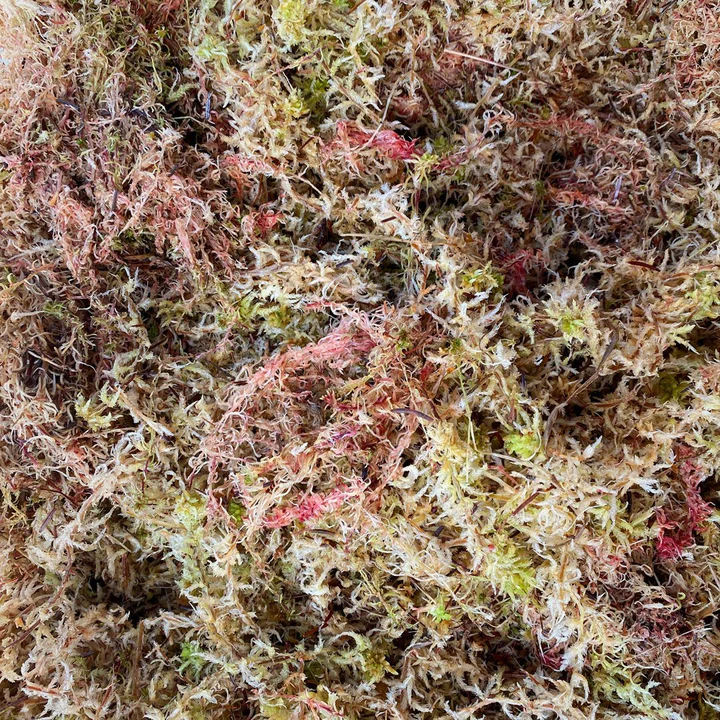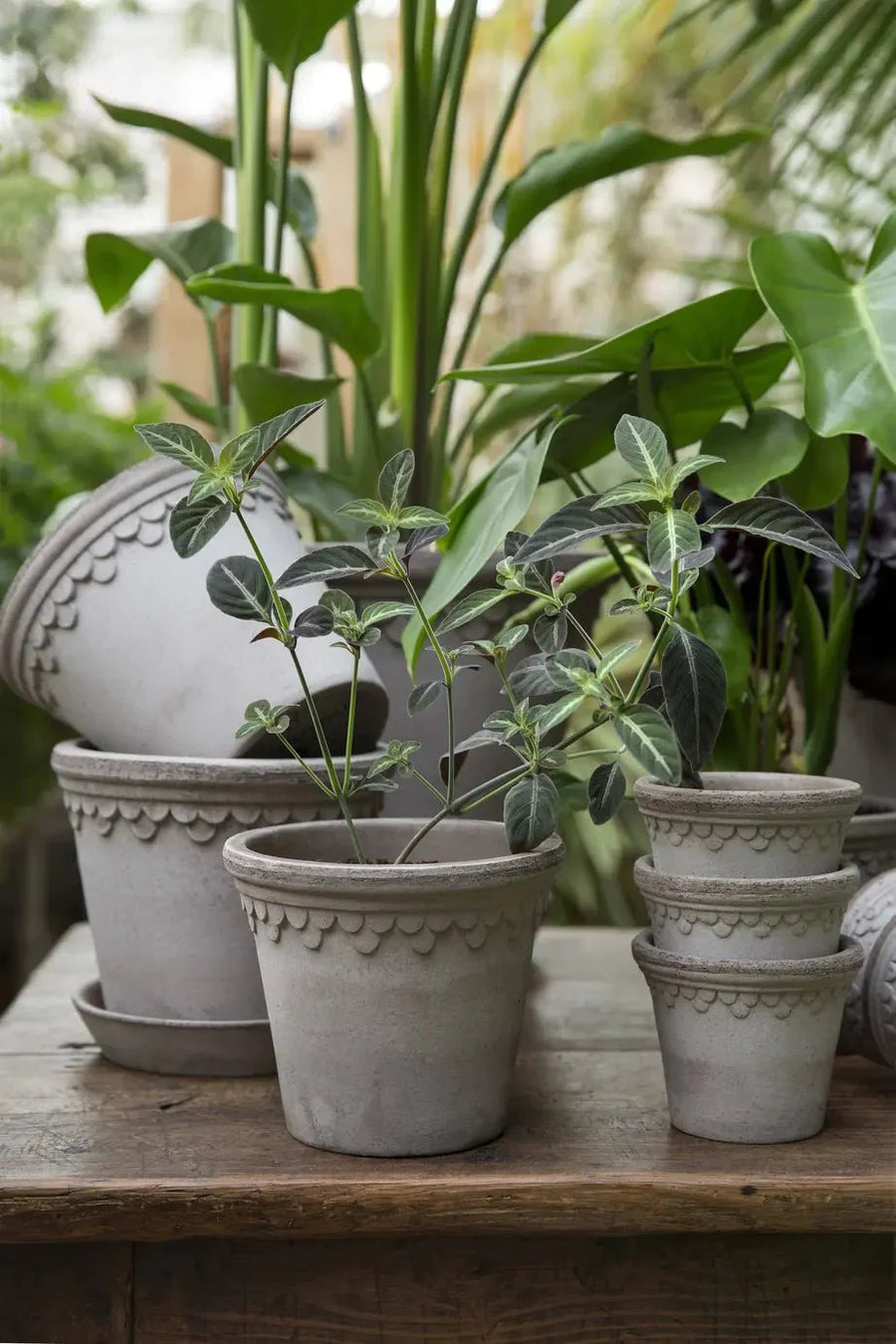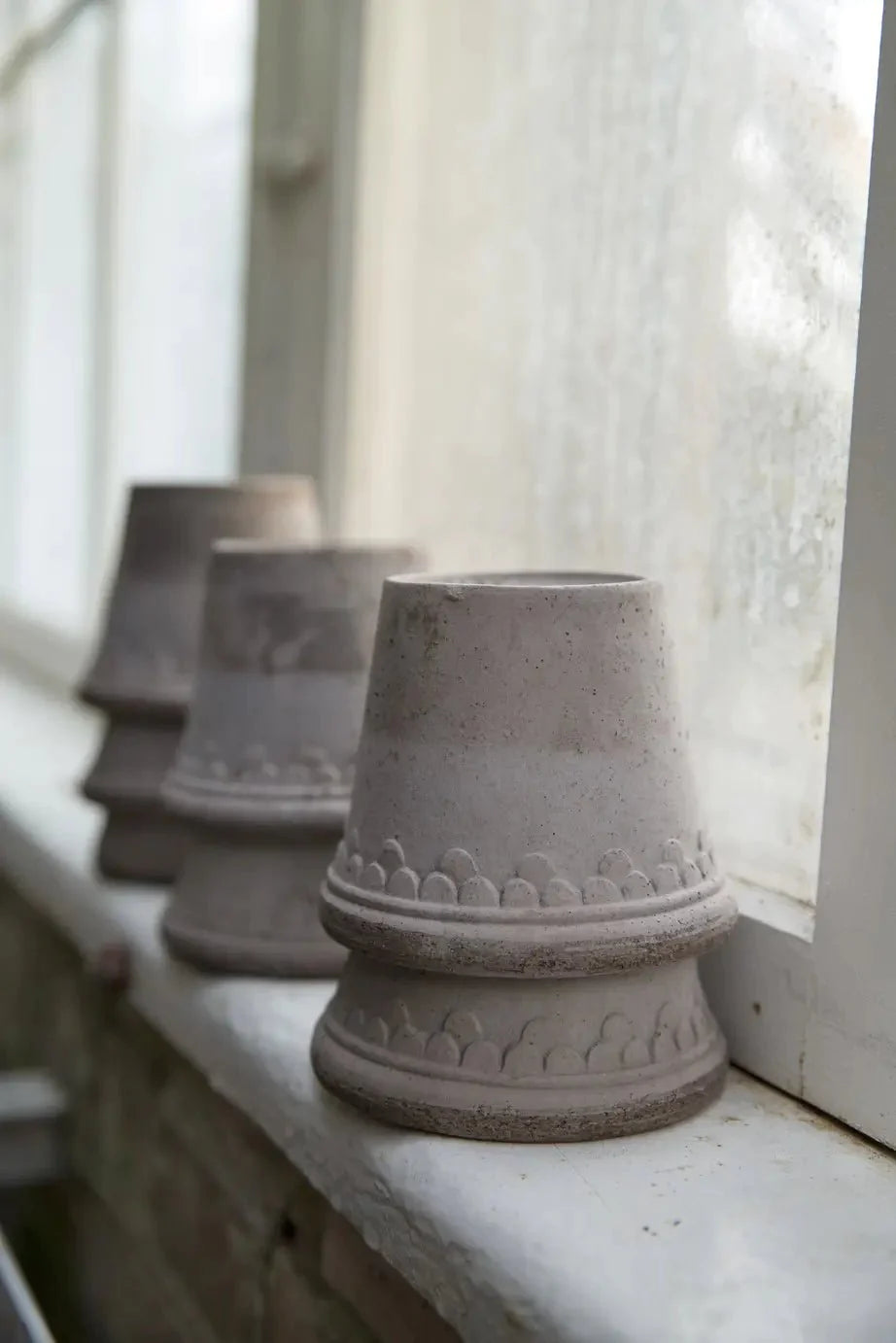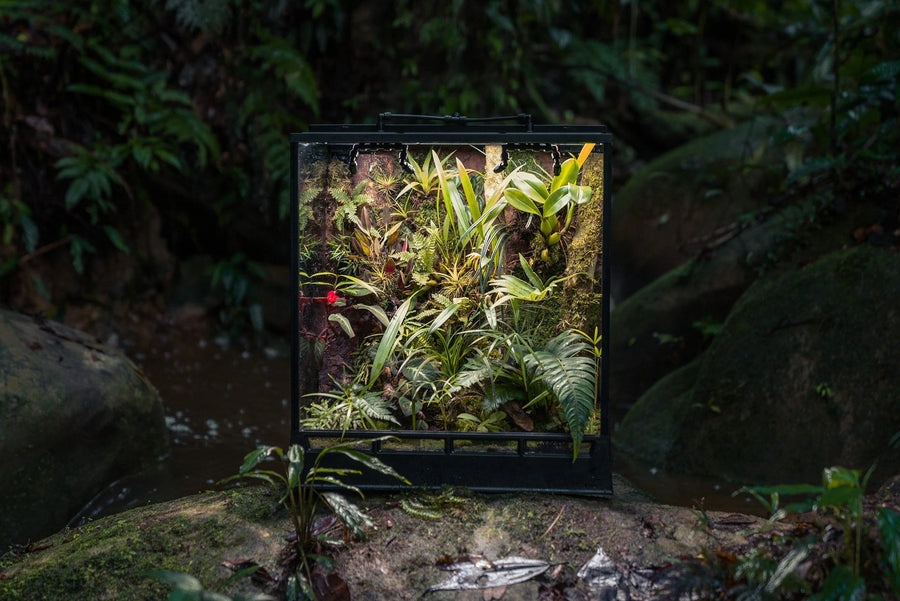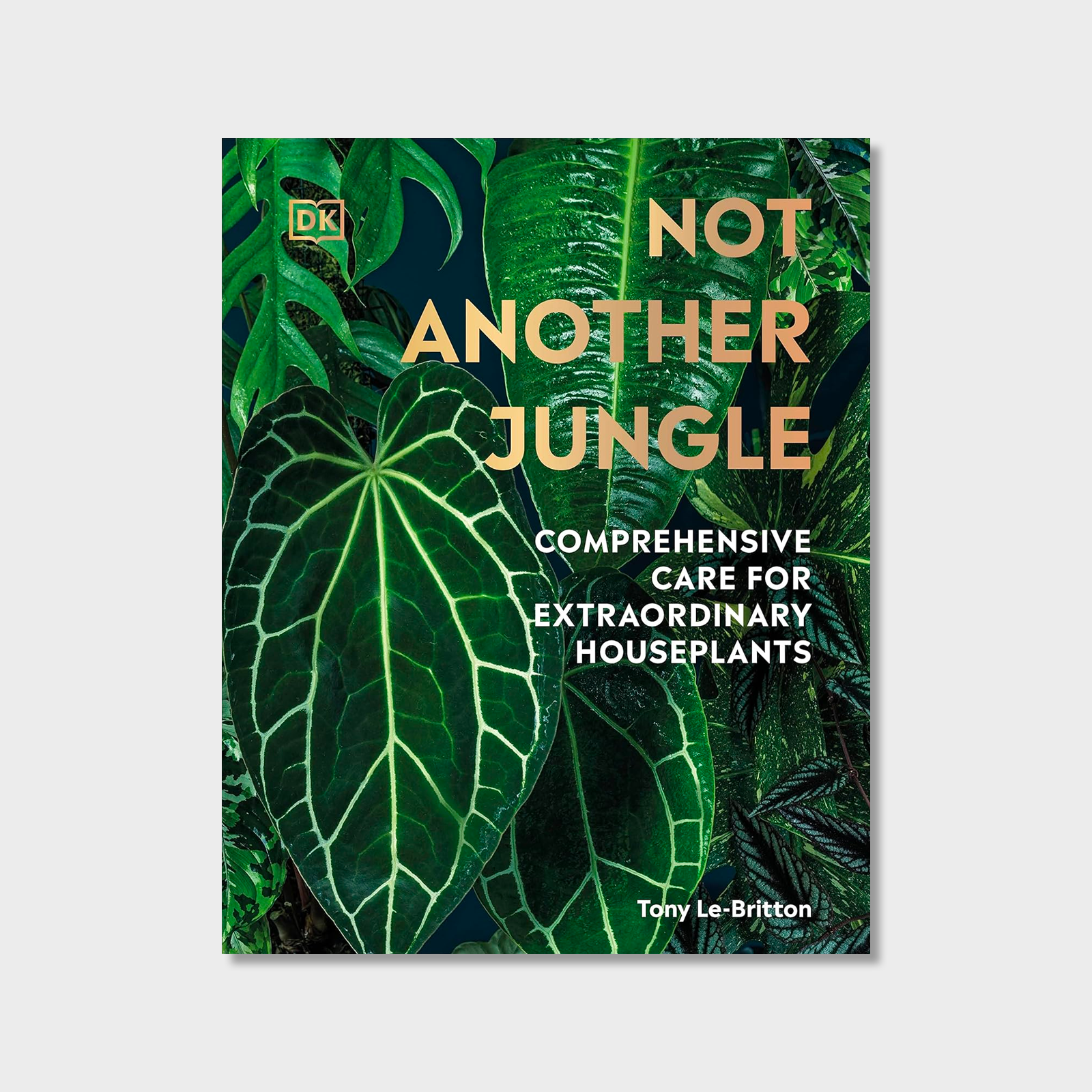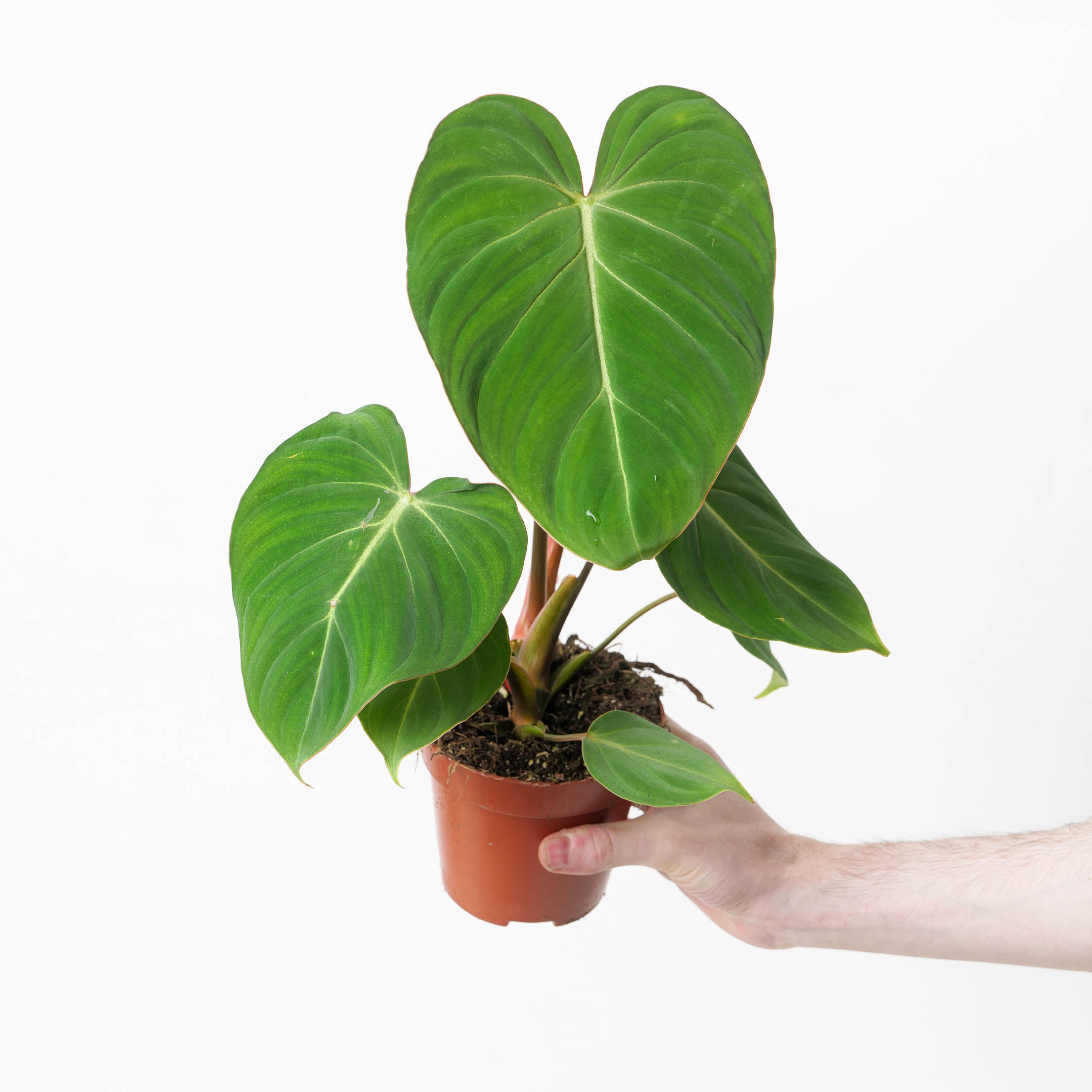Plant Care 101: Your Complete Guide to Houseplant Food and Nutrients
Houseplants are not just decorative items; they are living organisms that require proper care and nutrition to thrive. When it comes to tropical houseplants, providing the right nutrients is essential for their growth and overall health.
In this blog, we'll explore the importance of feeding your tropical houseplants, essential nutrients they need, and when to feed them.
Why should I feed my houseplants?
Unlike outdoor plants that can access nutrients from their outdoor environment, indoor tropical houseplants rely solely on the nutrients available in their potting mix. Over time, these nutrients become depleted, leading to stunted growth, yellowing leaves, and overall decline in plant health. By providing your tropical houseplants with fertilisers, you replenish these essential nutrients, promoting healthy growth, vibrant foliage, and robust root development.
Understanding the essential nutrients for your houseplants
When growing tropical houseplants in the UK, it's crucial to understand the essential nutrients they require for optimal growth. The primary nutrients nitrogen (N), phosphorus (P), and potassium (K) serve as the building blocks for plant growth and development. Secondary nutrients such as calcium (Ca), magnesium (Mg), and sulphur (S), along with micronutrients like boron (B), zinc (Zn), manganese (Mn), iron (Fe), copper (Cu), chlorine (Cl), and molybdenum (Mo), play vital roles in various physiological processes within the plant.
Choosing the right fertiliser
At GrowTropicals, we've curated a selection of fertilisers and amendments to meet the diverse needs of both tropical houseplants and your plant care commitments. Popular plant food brands like Hesi and BioBizz are rigorously tested in our nursery by over 10,000 tropical houseplant species to ensure compatibility with the plants we offer on our website. Our plant food collection provides a comprehensive range of nutrients, including primary, secondary, and micronutrients, to ensure your plants receive all the essential elements for healthy growth.
Here are just a few of our favourites:
Ecothrive Biosys Microbial "Tea" Solution
Biosys contains a unique blend of microbes and natural plant growth stimulants that work together to boost plant health. Easy and quick to mix and use, nothing immediately improves the health of your root zone quite like Biosys.
HESI SuperVit is a highly concentrated plant stimulator comprised of 15 plant-active vitamins and 10 amino acids. Vitamins and amino acids are both building blocks and biocatalysts in general metabolism and play an active role in photosynthesis and the supply of energy.
When should I feed my tropical houseplants?
Determining the right feeding schedule for your tropical houseplants depends on several factors, including the plant species, growth stage, potting mix, and environmental conditions.
Season
Generally, houseplants require more nutrients during their active growing seasons, which typically coincide with spring and summer. This is when they are actively producing new foliage, flowers, or fruit, and thus have higher nutrient demands.
Type of Plant
Different houseplants have varying nutritional needs and growth patterns. For example, fast-growing plants like pothos or spider plants may require more frequent feeding compared to slow-growing succulents or cacti. Research the specific requirements of your plant species to determine the best feeding schedule.
Fertiliser Type
There are various types of fertilisers available, including liquid, granular, and slow-release formulations. Each type has different release rates and longevity. Read the instructions on the fertiliser packaging to determine how often it should be applied.
Potting Mix
The type of potting mix your houseplant is currently in can influence nutrient availability to the plant. For example, our premium potting mixes are packed with up to 8 week's worth of nutrients for your houseplants. Monitor the nutrient levels in the potting mix and adjust the feeding schedule accordingly.

GrowTropical's Jungle Mix - A Premium Houseplant Potting Soil for Tropical Houseplants.
Available in 2.5L, 5L and 8L bags from just £4.99.
Plant Growth Stage
Consider the growth stage of your plants when determining the feeding schedule. Newly repotted or transplanted plants may benefit from a gentle feeding to support root establishment. Mature plants may require regular fertilisation to sustain their growth.
Environmental Factors
Environmental conditions such as light intensity, temperature, and humidity can affect plant metabolism and nutrient uptake. Warmer temperatures and brighter light levels typically stimulate more active growth, requiring increased nutrient availability.
For most tropical houseplants, feeding every 4-6 weeks with a balanced fertiliser during the growing season is sufficient to meet their nutritional needs. However, it's essential to monitor your plants closely for any signs of nutrient deficiencies or excesses, adjusting the feeding regimen accordingly.
Feeding your tropical houseplants with high-quality fertilisers and amendments is essential for their overall health. By understanding the essential nutrients your plants need and adhering to a regular feeding schedule, you can enjoy lush, vibrant tropical foliage year-round.
Shop our wide range of houseplant food and nutrients here.
Signs your houseplant might have nutrient deficiency
It is vital to monitor your plants for signs of nutrient deficiency, such as:
- Yellowing Leaves: If the leaves of your plant are turning yellow, especially in between the veins, it could indicate a lack of nitrogen, iron, or magnesium.
- Stunted Growth: If your plant isn't growing as it should or if new growth is significantly slower than usual, it might be lacking essential nutrients like nitrogen, phosphorus, or potassium.
- Leaf Discolouration: Different nutrient deficiencies can manifest in different leaf discolouration. For example, a lack of nitrogen can cause overall yellowing, while a lack of iron can lead to interveinal chlorosis (yellowing between veins) in newer leaves.
- Leaf Tip Browning or Burn: Browning or burnt leaf tips can indicate various deficiencies, such as a lack of calcium, magnesium, or potassium.
- Small or Misshapen Leaves: Inadequate levels of various nutrients, including nitrogen, phosphorus, potassium, and magnesium, can lead to abnormal leaf growth, such as smaller or misshapen leaves.
- Fading Leaf Colour: A lack of magnesium or iron can cause leaves to lose their vibrant green colour and become pale or faded.
- Early Leaf Drop: If your plant is dropping leaves prematurely, it could be due to insufficient levels of nutrients like potassium, magnesium, or manganese.
If you notice these symptoms, it may indicate that your plants require additional nutrients.
Got a houseplant question for us?
Our plant experts are always on hand to help you with your plant care questions. Simply email us at hello@growtropicals.com or drop us a DM on socials - @growtropicals


